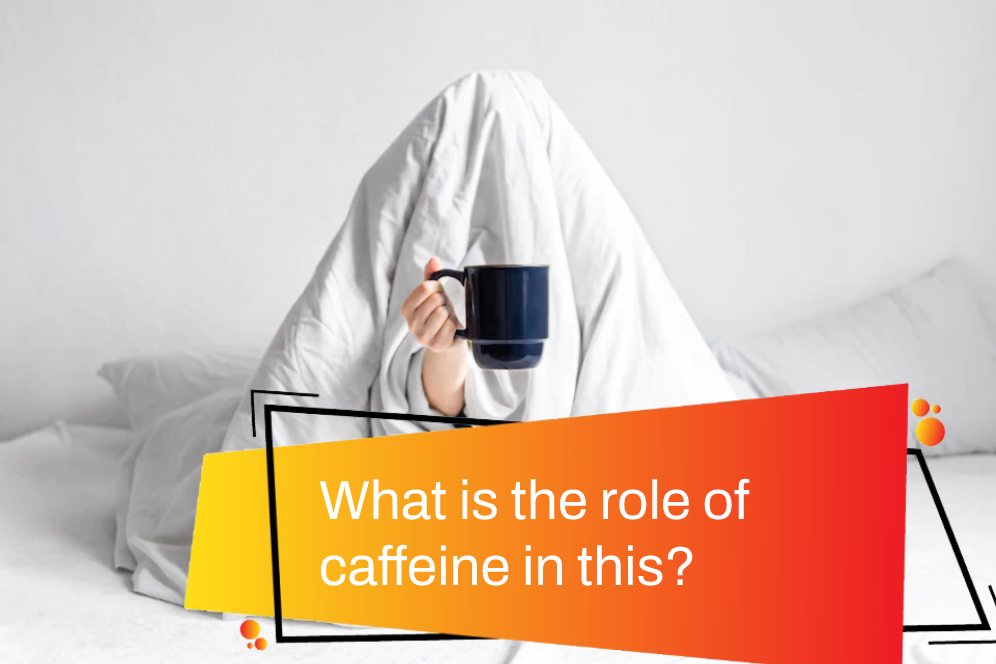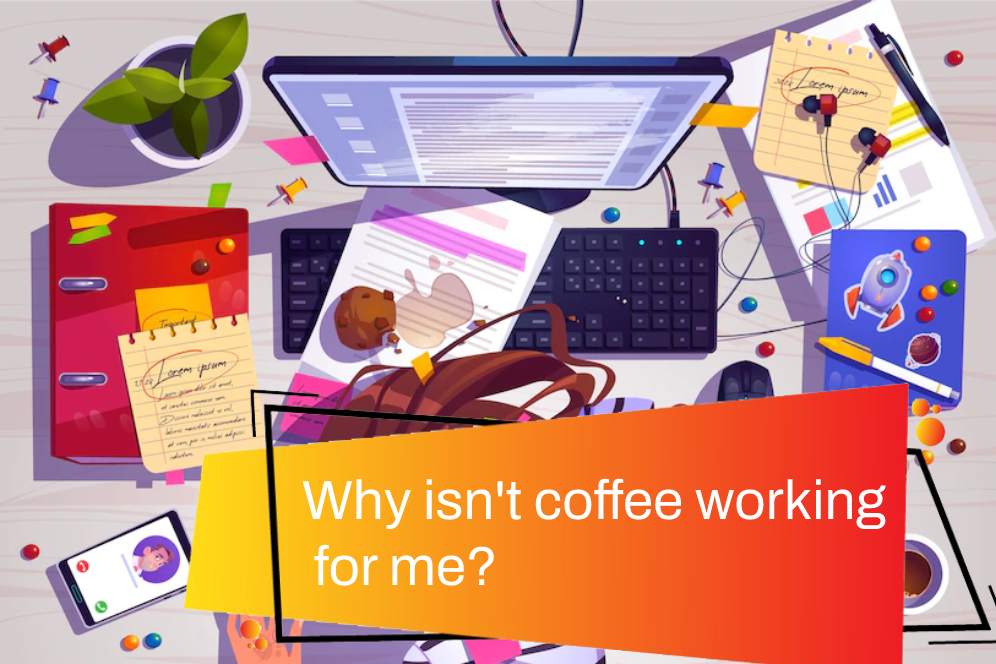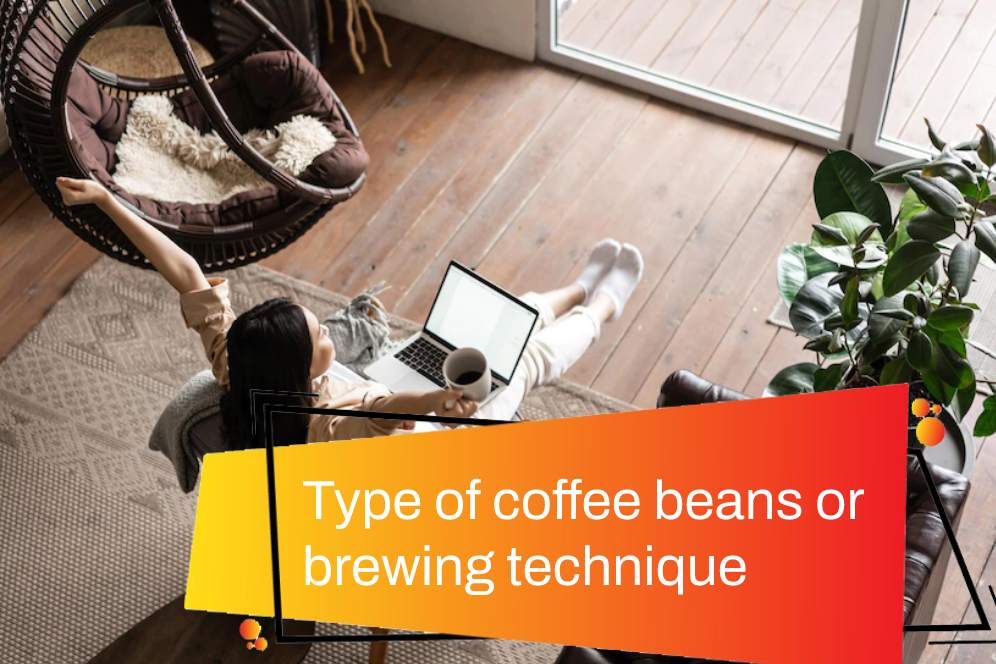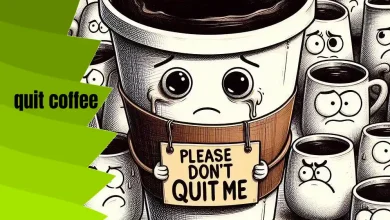Why Does Coffee Not Affect Me? 5 Reasons Why Caffeine Won’t Affect You

Coffee is a bitter drink that many people may not like the taste of and the only reason why they start drinking coffee is its effect on happiness and alertness.
From a scientific point of view, coffee is an anti-sleep and anti-fatigue drink due to the presence of caffeine, which makes a person feel refreshed, which is why many coffee lovers have started drinking coffee for the first time.
Adenosine is a brain transmitter in the human body that causes fatigue and sleepiness in us after connecting to brain receptors.
Contents
What is the role of caffeine in this?
Caffeine only prevents adenosine from sticking to brain cells and does not stop their production in any way. So, it is quite normal that after relieving the effects of caffeine, you will experience severe fatigue and lethargy. In fact, coffee only delays and does not eliminate your sleepiness and fatigue.
Caffeine is actually placed between adenosine and our brain cells, and this reduces the feeling of lethargy and sleepy in us. In the following, we will go to the topic: Why does coffee not affect some people? Let’s talk about scientific reasons.
Why isn’t coffee working for me?
If you are waiting for the feeling of euphoria and freshness after drinking a cup of espresso, but you still look sleepy and tired, you are not alone. Some people seem to have no reaction to drinking coffee. Not reacting to caffeine can be annoying for some, while for others it’s a blessing.
In the following, we are going to discuss the reasons why caffeine does not affect you.
Lack of sleep
Sometimes, not having enough sleep during the night makes drinking coffee during the day not enough to relieve your tiredness, when you have had a long-term lack of sleep, coffee will not affect you. When you lose sleep, a chemical called adenosine is released in the body, and this makes you feel the need to sleep.
When you drink coffee, the caffeine sticks to these molecules, and instead of feeling tired, you become more alert. But if too much adenosine is produced, caffeine will not be the answer. And for this reason, the effect of caffeine is reduced, and drinking coffee will not have any effect on you. In this case, you need more caffeine, so I recommend using coffees that have high caffeine.
Type of coffee beans or brewing technique:
change the type of coffee beans or the brewing technique. Robusta beans have about twice as much caffeine as Arabica coffee beans. This coffee is cheaper and is especially used in instant coffee. Also, if you use brewed and filtered coffees instead of the French press, this may reduce the caffeine during the filtration process.
Excessive caffeine consumption
Consuming too much caffeine on a daily basis will make the effect of caffeine disappear and will no longer have any effect on you.
Low caffeine content:
Some coffees have less caffeine than others.
Genetics
Another factor that makes caffeine not effective on you is your genetics and DNA. Some people’s body is resistant to the effects of caffeine, and if you solve the previous factors and you don’t get results, it is due to your genetics.
Excessive use of sugar in coffee
Sugar is the main additive that is added when drinking coffee. Sugar’s absorption power and its effect are much higher than caffeine, and when you consume your coffee with a lot of sugar, you neutralize some of the caffeine.
Was this article helpful to you? Feel free to post your thoughts on the effects of caffeine in the “comments” section below. What do you think are the other reasons why caffeine doesn’t work on your body?







